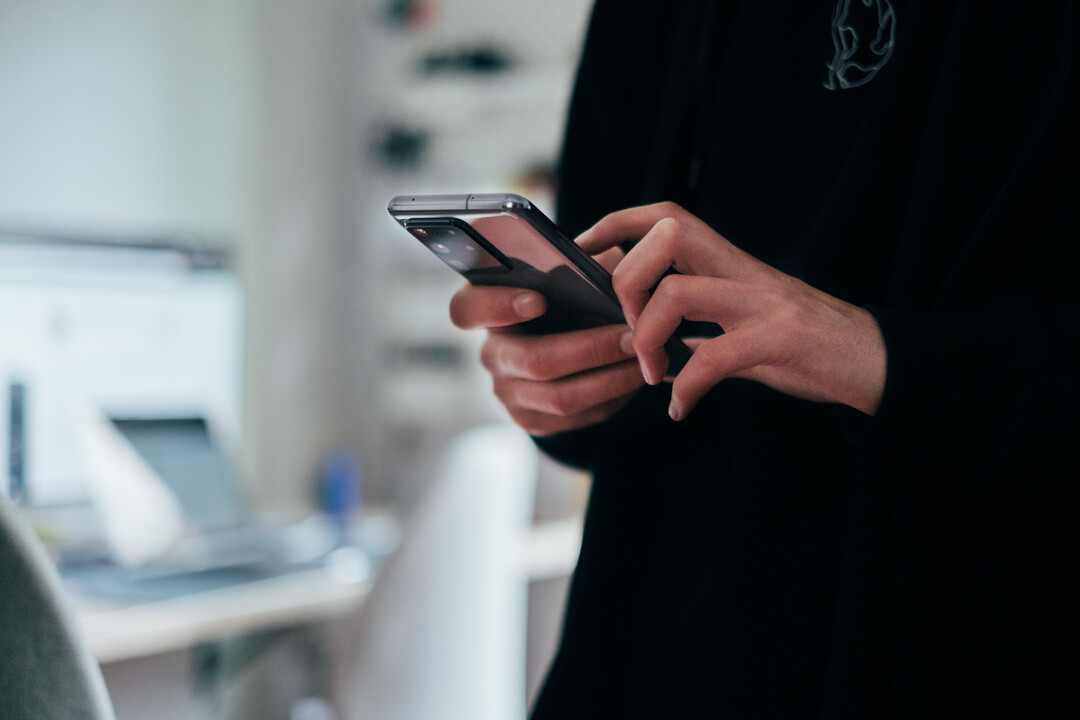
TOYOAKE, JAPAN—In a bold and unprecedented move, the small Japanese city of Toyoake is at the forefront of a global debate on digital well-being. The city council is set to vote on a groundbreaking, though non-binding, ordinance that would encourage its residents to limit their daily smartphone usage. Dubbed the “Digital Citizenship Initiative,” the proposal has garnered international attention, sparking conversations about the role of local governments in regulating technology use.
The initiative is a direct response to what local officials are calling a “public health crisis of the digital age.” A survey conducted by the city found that a significant portion of its population, across all age groups, reported symptoms of digital fatigue, including sleep deprivation, eye strain, and heightened anxiety. Mayor Masafumi Koki, a key proponent of the ordinance, stated that the aim is to tackle these issues proactively. "We acknowledge the immense utility of smartphones," Koki said in a press conference. "But we are seeing a concerning trend where these devices are creating a disconnect, not just from the physical world, but from our own families."
The proposed ordinance, if passed, would go into effect in October. Its core tenets are simple but significant: a recommended two-hour daily limit on screen time and a "digital curfew." Specifically, the draft suggests that children under 12 power down their devices by 9:00 PM, while adults and teens are encouraged to do so by 10:00 PM. While there are no penalties for non-compliance, the city hopes the measure will serve as a conversation starter and a catalyst for behavioral change.
The proposal has been met with a mix of support and skepticism. Proponents, including local parents' associations and educators, believe it's a necessary step to help curb addiction and foster healthier habits. "It’s not about taking away a device, it's about giving back time," said one parent who requested anonymity. "Time for homework, time for hobbies, and most importantly, time for a good night's sleep."
However, some residents and tech industry observers have pushed back, questioning the practicality and legality of such a measure. "This is an overreach of governmental authority," argued a local business owner on social media. "What constitutes 'use'? Is checking an email for work included? The lines are too blurry, and it sets a dangerous precedent for government interference in our private lives." Others have expressed concern that the two-hour limit is impractical for many, especially those who rely on smartphones for work, communication, and education.
Despite the criticism, Toyoake's bold move is being watched closely by other cities in Japan and abroad grappling with the pervasive influence of technology. The ordinance is a social experiment on a municipal scale, testing the hypothesis that gentle encouragement can be more effective than strict regulation in changing deeply ingrained habits. Regardless of the outcome of the upcoming vote, Toyoake has already succeeded in its primary goal: to make people stop and think about their relationship with their devices. The city's initiative is no longer just a local story; it's a new chapter in the global conversation about the future of a digitally connected society.
[Copyright (c) Global Economic Times. All Rights Reserved.]






























